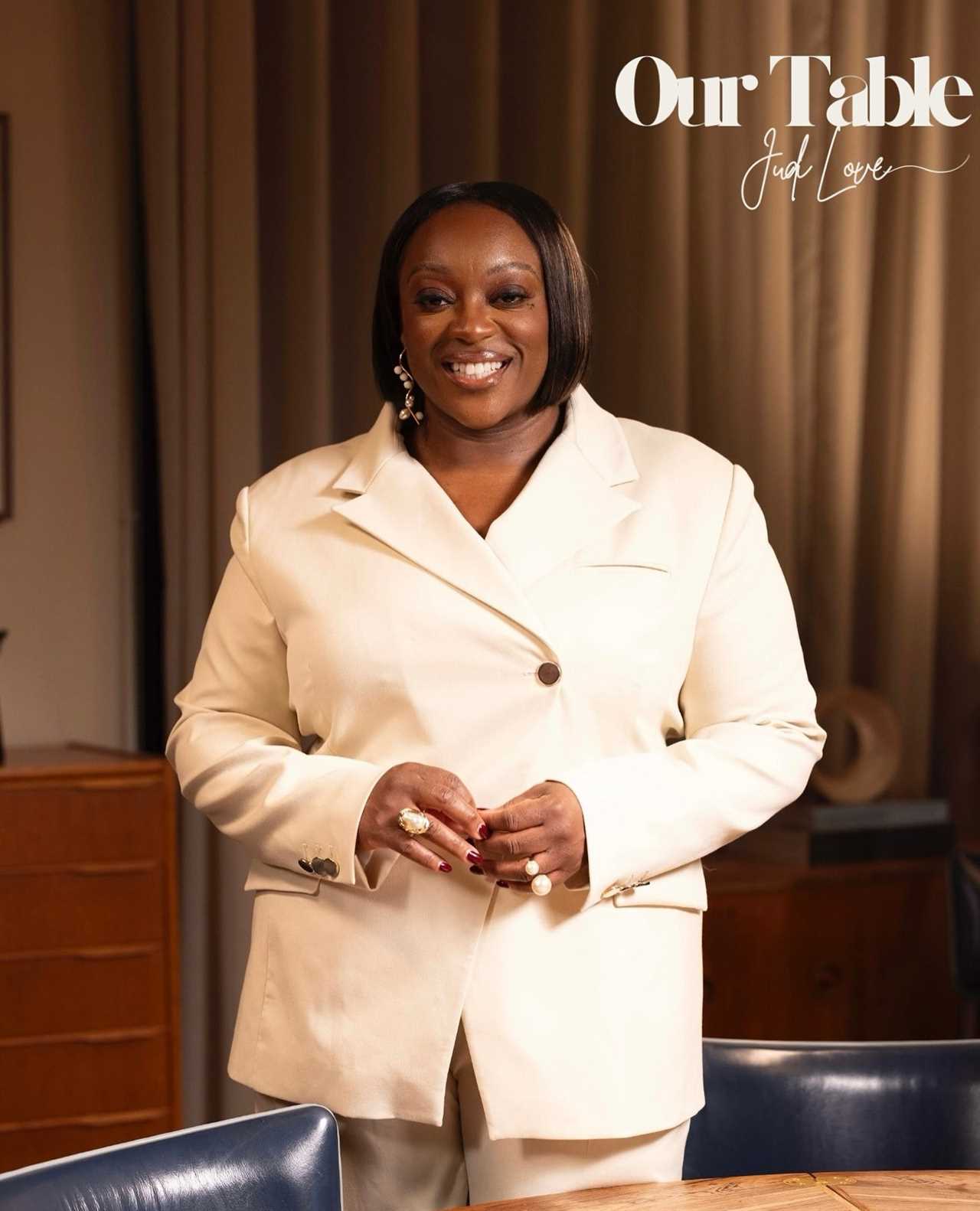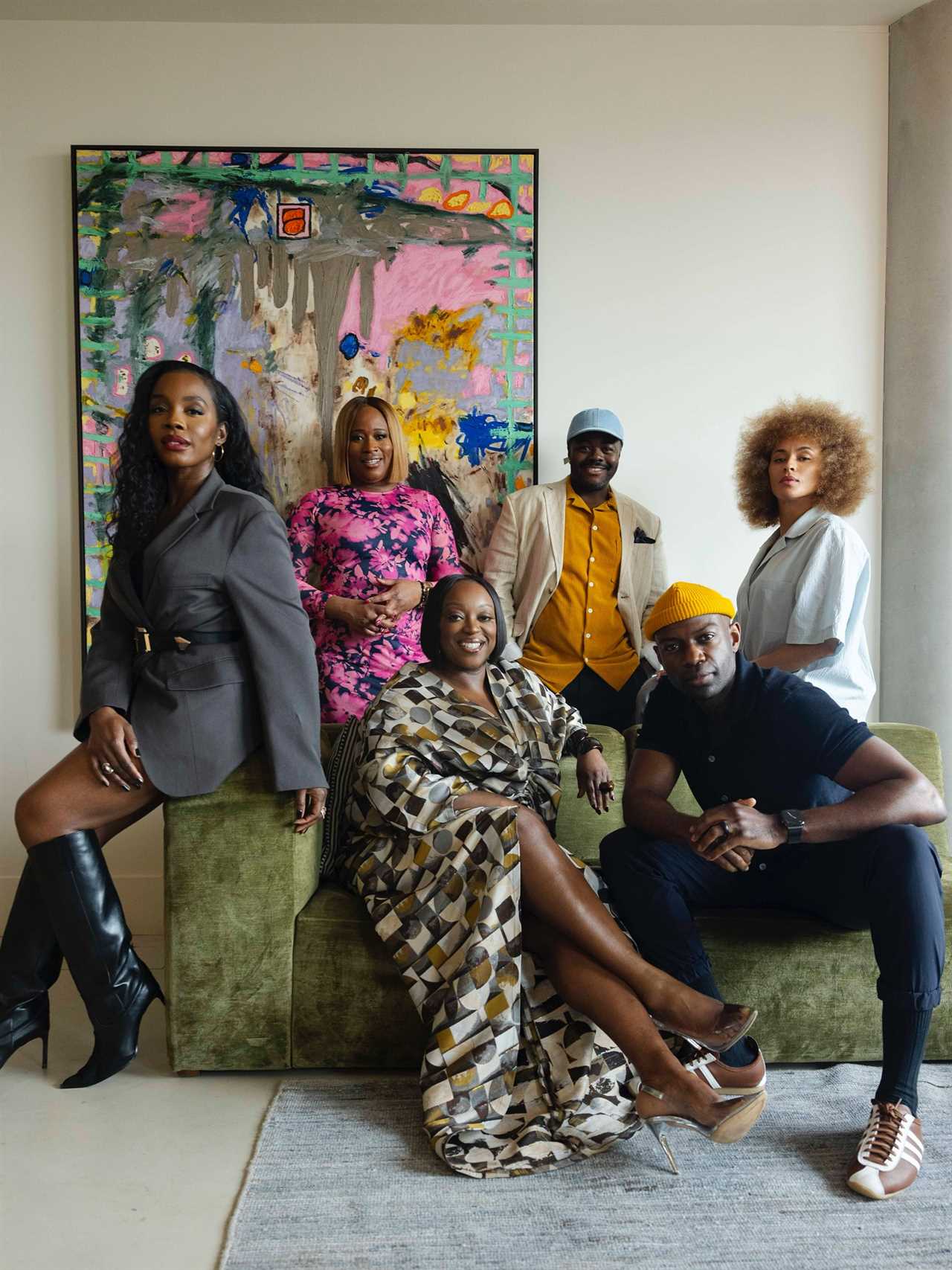
In the midst of ITV's recent daytime programming restructuring due to financial constraints, Loose Women's Judi Love has seized a significant new opportunity, underscoring the shifting landscape of daytime television.
Reimagining Daytime Television
The recent announcement of ITV's plans to reduce the frequency of their female-led talk show, Loose Women, reflects broader challenges facing traditional television formats in an evolving media landscape. Judi Love's swift transition to a podcasting venture not only demonstrates adaptability but also highlights the growing influence of digital platforms in shaping contemporary media consumption habits.
While the industry navigates financial pressures, the implications of these changes extend beyond programming schedules to the livelihoods of on-screen talent. The reported pay cuts and uncertainties faced by some Loose Women stars underscore the precarious nature of work in an industry undergoing significant transformation.
Reshaping Broadcast Media
ITV's decision to streamline daytime programming, affecting shows like Loose Women, Lorraine, and Good Morning Britain, signals a broader realignment within the broadcasting landscape. As traditional formats contend with evolving audience preferences and economic challenges, the industry faces a critical juncture in redefining its role in a rapidly changing media ecosystem.

Amidst these shifts, the resilience and creativity displayed by personalities like Judi Love in securing alternative opportunities reflect the adaptive strategies required to navigate an industry in flux. The convergence of traditional television with digital platforms underscores the need for innovative approaches to content creation and audience engagement in an increasingly competitive market.
Challenges in the Media Industry
Behind the scenes of glitzy television productions lie the stark realities of job losses and financial uncertainties, as over 220 roles are set to be cut as part of ITV's restructuring efforts. The human impact of these decisions resonates far beyond the screen, highlighting the broader implications of economic pressures on individuals working within the media sector.
As the industry grapples with the dual imperatives of financial sustainability and creative innovation, questions arise not only about the future of daytime television but also about the wellbeing and security of those whose careers are intricately tied to the media landscape.
Navigating Industry Turbulence
As ITV embarks on a transformative journey to recalibrate its daytime programming, the narratives of resilience, adaptation, and uncertainty among its stars offer a window into the complex interplay of economic forces and personal livelihoods within the media industry. The evolving contours of television production underscore the need for a nuanced understanding of the systemic challenges and individual experiences shaping the media landscape in an era of profound change.

While the industry grapples with shifting paradigms and economic realities, the stories of individuals like Judi Love serve as poignant reminders of the human dimensions embedded within the broader narratives of media restructuring and reinvention.






